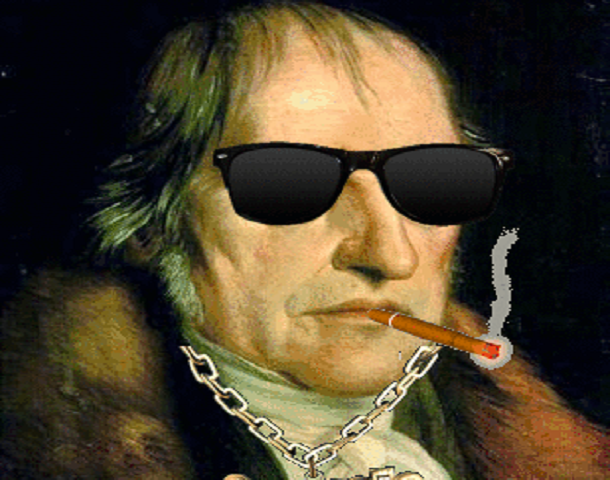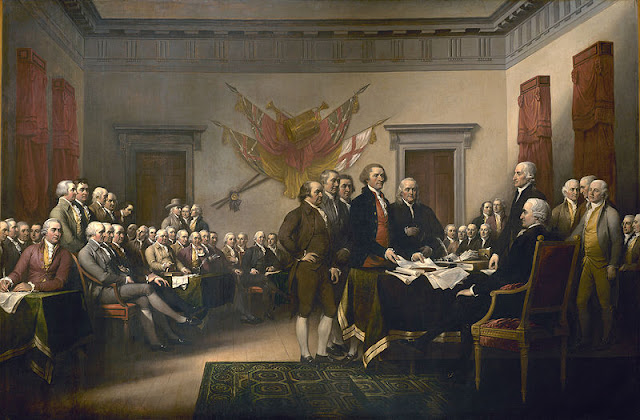Hegel

The philosopher G.W.F. Hegel (1770-1830) is one of the most unique political philosophers, and also one of the most challenging. Hegel is known for his philosophy of the mind and consciousness, writing about how human consciousness has changed and evolved over time, and argues for what he calls a dialectical approach to philosophy, or understanding how opposing forces are connected and how they change. For example, human consciousness changes as we encounter other consciousnesses (other humans) different from our individual selves. For the most part, we will not concern ourselves with these writings, but will focus more on his political philosophy as detailed in the work that has come to be known as Elements of the Philosophy of Right or more simply Philosophy of Right . In this book, published late in his life in 1820, Hegel starts with the idea of an individual who possesses certain fundamental rights and free will. In this regard, he is not that different than Locke, however h...


